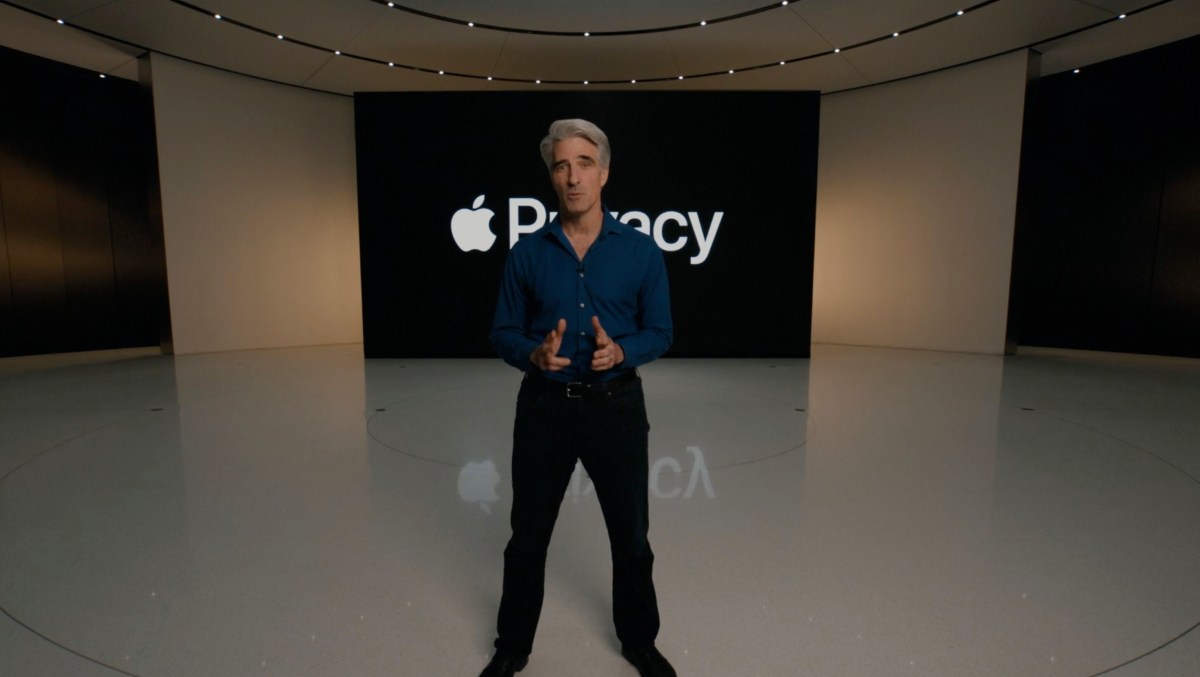Apple's Appeal Against UK's Secret iCloud Backdoor Order

- Apple's legal challenge to a secret UK government order will be heard by the Investigatory Powers Tribunal (IPT)
- The order requires Apple to backdoor an end-to-end encrypted version of its iCloud storage service
- Privacy rights groups are calling for the case to be heard in public
- The groups argue that the case implicates the privacy rights of millions of British citizens and Apple's international users
- The IPT has a duty to hear cases in public unless doing so would threaten the national interest or the public
Background
Privacy rights groups have called on Apple to have its legal challenge to a secret UK government order heard in public. The order requires Apple to backdoor an end-to-end encrypted version of its iCloud storage service, granting law enforcement access to user data.
The existence of the order emerged via press reports last month, prompting Apple to confirm it was closing the Advanced Data Protection service to UK users. However, the surveillance order is thought to include the information of users located outside the country, raising concerns about the scope of the order.
The Appeal
Apple has filed an appeal challenging the lawfulness of the order, which will be heard by the Investigatory Powers Tribunal (IPT). Rights groups Big Brother Watch, Index on Censorship, and the Open Rights Group have written a joint letter to the president of the IPT, calling for the case to be heard in public.
The groups argue that the case implicates the privacy rights of millions of British citizens who use Apple's technology, as well as Apple's international users. They claim that there is significant public interest in knowing when and on what basis the UK government believes it can compel a private company to undermine the privacy and security of its customers.
The IPT has a duty to hear cases in public unless doing so would threaten the national interest or the public. The rights groups argue that such conditions do not apply in this case, and that the public interest would be served by an open airing of the iCloud case.